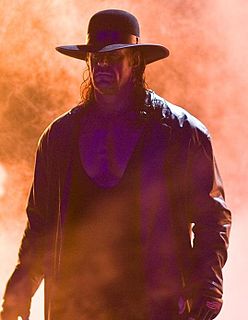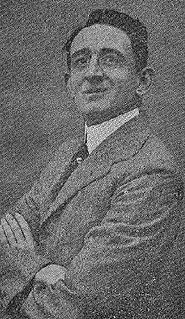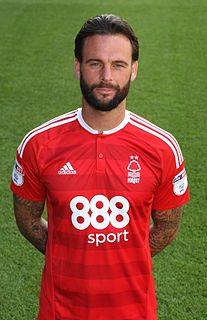A Quote by Brene Brown
Related Quotes
I was interested in the ways we can write biography. When you're first starting to write about your own life it feels so shapeless because you don't know how to make your own story cohesive. How do I pluck a story out of the entirety of what it means to be alive. It occurred to me recently that when you're telling a story about your own life, rather than taking a chunk, you're kinda like lifting a thread from a loom.
I couldn't have articulated this process at the time; I just sort of did it instinctually. But now when I talk about this with my students all the time, it's one of the first things I address in memoir classes - that you have to put it all in because you're writing your way into the ending of your own story. Even if you think you know what the story is, you don't until you write it. If you start leaving things out you could leave out vital organs and not know it.
I can't really write anything without knowing the ending. I don't know how people do that. Even with my superhero stuff, I have to know at least where I want to take the characters and what the ending of my story with them will be. I just can't structure stories or character arcs and stuff without knowing the endpoint.

































